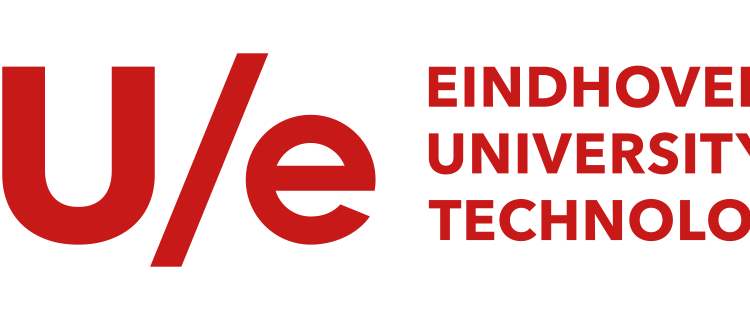Eindhoven University of Technology: Major EU grants for groundbreaking research into scoliosis and transplant organ rejection
The European Union is investing a total of 5.25 million euros in groundbreaking health-related research at the University of Technology Eindhoven (TU/e). Two ERC Advanced grants will fund biomedical and clinical research to better prevent and treat scoliosis and transplant organ rejection, conditions that affect millions of people across the world.
UNDERSTANDING THE PERFECT STORM THAT CAUSES SCOLIOSIS
Scoliosis (or adolescent idiopathic scoliosis (AIS), as its most common form is known) is a deformity of the spine that affects 2 to 3 per cent of the population. The disease mainly affects girls, who undergo earlier and more rapid growth than boys. It substantially reduces their quality of life and creates a life-long burden of disease. Although AIS has been known since the time of the ancient Greeks and despite centuries of dedicated research, no distinct cause has been identified.
“Some diseases have a single major cause, like Covid-19 or cystic fibrosis. However, many diseases are a product of many factors”, explains professor Keita Ito of the Department of Biomedical Engineering and leader of the research project. “We think that scoliosis or spine deformity in adolescence is such a disease, where a perfect storm brews during the rapid early growth spurt in girls.”
Together with colleagues of University Medical Center Utrecht, Ito hopes to create a paradigm shift in the field of scoliosis research, that will not only uncover the complex anatomical, biomechanical and mechanobiological causes of AIS, but also identify predictive triggers that can be used for prevention and early treatment.
The research will combine bioengineering analysis (including imaging, in silico modeling, in vitro and ex vivo approaches), and clinical medicine. One of the outcomes of the research will be a safe non-radiographic method to image the spine, which can become the new standard to monitor osseous injury and disease in juveniles in most hospitals.
“With this generous award from the EU, we hopefully can provide a solution for this cruel disease, which causes disfiguration, mostly in otherwise healthy girls, during a crucial stage in their lives”, says Ito.
CONTROLLING INNATE IMMUNITY TO ACHIEVE ORGAN TRANSPLANT ACCEPTANCE
Together with his colleagues at RadboudUMC in Nijmegen, Willem Mulder of the Department of Biomedical Engineering will explore novel nanotechnology to prevent organ rejection in patients who have received a transplanted organ. Organ rejection is caused by our immune system, which fights any foreign element (antigen) that is introduced into our body.
While there are effective drugs on the market to suppress this reaction, chronic immunosuppression comes at a tremendous price. The drugs cause serious adverse effects, including cancer, and long-term rejection remains a serious problem. Rejection is mediated by innate immune system activation, which together with the adaptive immune system is responsible for our body’s defense against infections and other diseases.
Recently, it has become clear that this innate system, just as our adaptive system, harbors a memory function, opening new avenues for treating illnesses like cancer. It is this innate system that Mulder and his colleagues also want to harness to increase our body’s tolerance to transplanted organs.
“The current strategy in organ transplantation is to suppress an already activated immune system, seriously compromising a patient’s ability to fight off disease. Our focus is on preventing immune system activation using highly innovative nanotechnology that integrates RNA or immunoregulatory proteins”, says Mulder.
While focusing on kidney transplant patients, the research can have wide-ranging benefits for other patients. “Similar innate immunity-focused disease management strategies can be developed for other conditions that are characterized by an exacerbated immune response. Think of COVID-19, autoimmune and cardiovascular diseases.”

